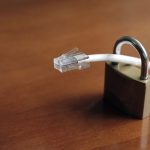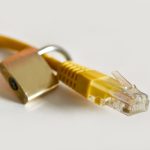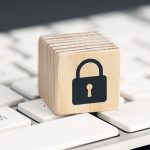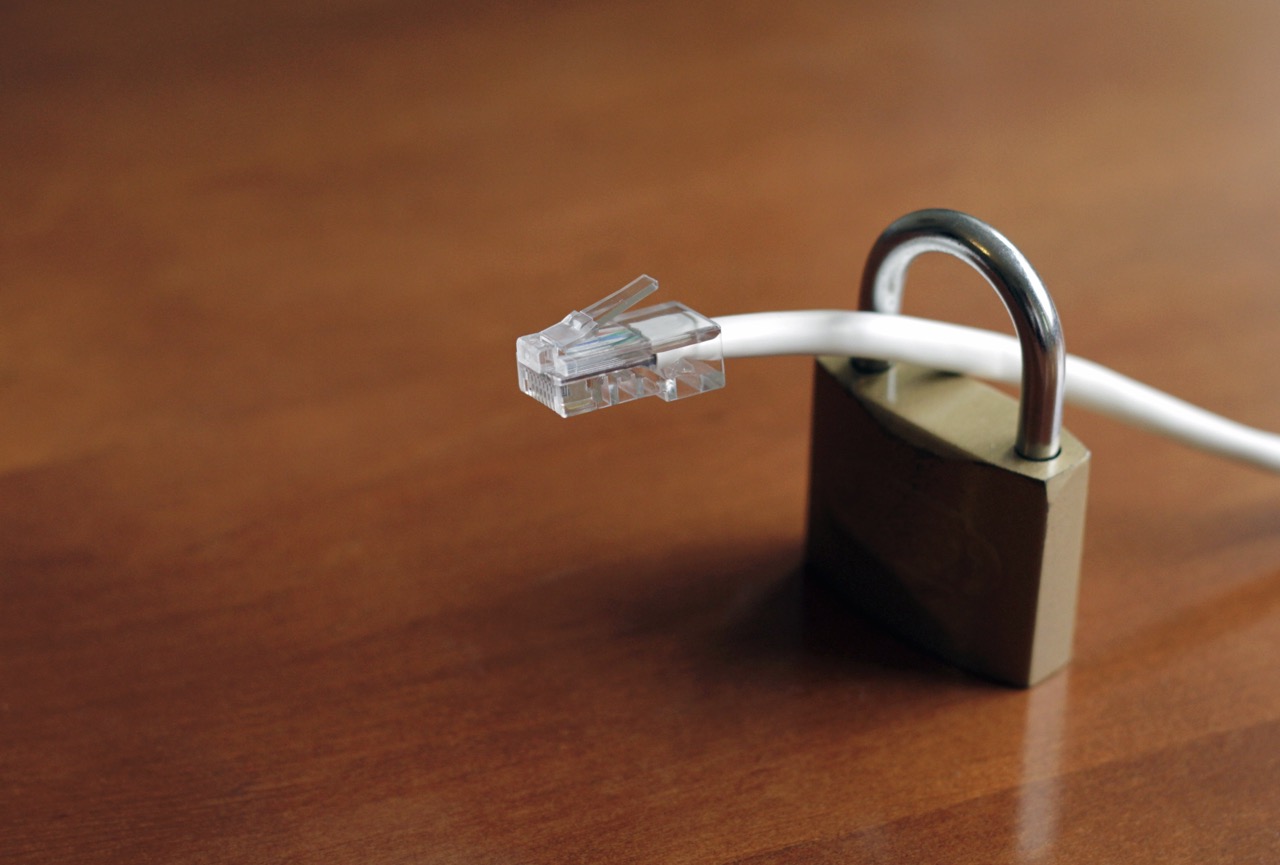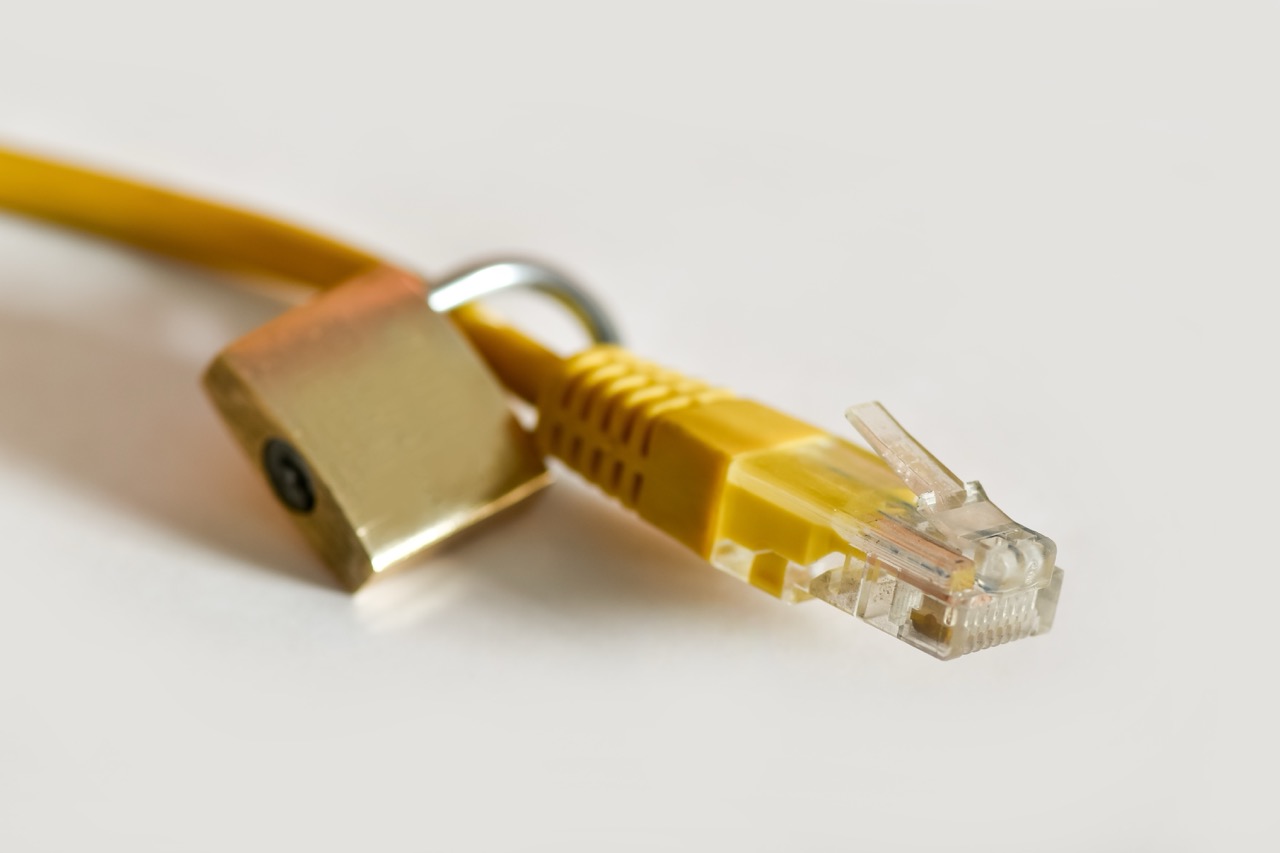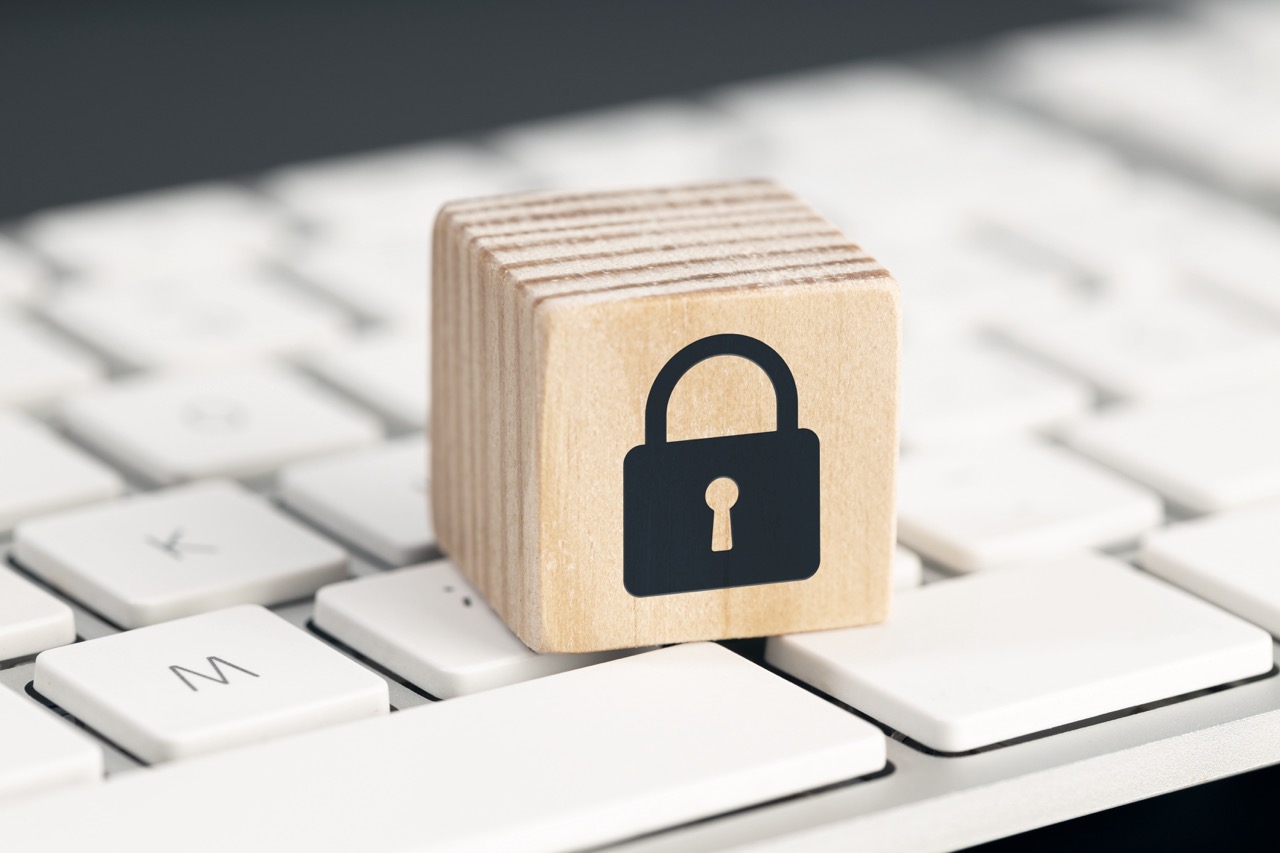In today’s interconnected digital landscape, the need for anonymity and privacy has never been more critical, particularly for individuals who wish to report wrongdoing without exposing themselves to potential repercussions. VPNs, or Virtual Private Networks, have emerged as essential tools in this arena, offering the ability to encrypt internet traffic and mask an individual’s online identity. This article delves into the intersection of VPN technology and whistleblowing, examining how VPNs serve as a shield for those daring enough to expose unethical practices within organizations.
Understanding VPN Technology and Its Role in Whistleblowing
VPN technology functions by creating a secure and encrypted connection between a user’s device and a remote server operated by the VPN provider. This process effectively masks the user’s IP address, making it appear as though they are accessing the internet from the location of the VPN server rather than their actual geographical position. For whistleblowers, this is particularly valuable, as it prevents tracking and monitoring by both governmental entities and corporate systems.
Moreover, VPNs utilize various protocols, such as OpenVPN, L2TP/IPsec, and IKEv2, each offering different levels of security and performance. By routing internet traffic through these secure channels, VPNs also protect against data interception, a crucial feature for individuals looking to share sensitive information. This technological infrastructure plays a vital role in ensuring that whistleblowers can communicate safely without the fear of being traced or identified.
In the context of whistleblowing, the role of VPNs transcends mere anonymity. They empower individuals to bypass censorship and access secure channels for reporting unethical behavior. Whether through anonymous tip lines or secure email services, VPNs facilitate the necessary communication tools that allow whistleblowers to act without jeopardizing their safety or positions.
How VPNs Enhance Anonymity for Whistleblowers
One of the main benefits of using a VPN for whistleblowing is the enhanced anonymity it offers. By masking a whistleblower’s IP address, VPNs prevent employers, governments, or malicious actors from tracking their online activities. This anonymity is crucial for individuals who may fear retaliation, job loss, or legal consequences for their disclosures. In many cases, the mere act of reporting can lead to a chilling effect on potential whistleblowers, making the assurance of anonymity through VPN usage vital.
Additionally, VPNs encrypt all internet traffic, which adds another layer of security. Encryption transforms the data being sent and received into unreadable formats, rendering it useless to anyone attempting to intercept or monitor the communication. This level of security is particularly important when sharing sensitive documents or evidence, as it minimizes the risk of exposure during the transmission process.
Moreover, reputable VPN services maintain strict no-logs policies, meaning they do not record user activities or connections. This feature is paramount for whistleblowers, as it ensures that even if a VPN provider were compelled by legal requests or hacks, there would be no identifiable data to disclose. Consequently, this aspect of VPN technology not only enhances anonymity but also fortifies the overall security of whistleblowers’ communications.
Legal Considerations for Whistleblowers Using VPNs
While VPNs provide significant advantages for whistleblowers, legal considerations must also be taken into account. Depending on the jurisdiction, the use of VPNs may be scrutinized or even restricted, particularly in countries with stringent internet censorship laws. Whistleblowers must ensure that their VPN usage complies with applicable laws to avoid additional legal complications that could arise from illicit activities.
Furthermore, the legal protections afforded to whistleblowers can vary widely by region and industry. In many jurisdictions, whistleblowers may be protected from retaliation when reporting misconduct; however, the use of a VPN may complicate matters. For instance, if a whistleblower’s identity is discovered through legal channels, they could face challenges in claiming protection under whistleblower laws. Understanding the intersection between VPN technology and legal frameworks is crucial for those contemplating whistleblowing.
Lastly, whistleblowers should be aware of the limitations of VPNs in legal defenses. While a VPN can provide anonymity, it does not exempt individuals from potential civil or criminal liability associated with their disclosures. Whistleblowers should seek legal advice to understand their rights and responsibilities before proceeding with their plans, ensuring they are prepared for any fallout that may occur from their actions.
Choosing the Right VPN: Key Features for Security
When selecting a VPN for whistleblowing purposes, several key features should be prioritized to ensure maximum security and anonymity. First and foremost, look for a VPN that offers strong encryption standards, such as AES-256, which is widely recognized as a robust encryption method. This level of encryption is essential for protecting sensitive data from potential interception.
Additionally, evaluating the jurisdiction in which the VPN provider operates is crucial. VPNs based in countries with strong privacy laws can offer better protection against governmental pressure to disclose user information. Furthermore, providers with a clear no-logs policy are preferable, as they do not keep records of user activities that could potentially be accessed in legal scenarios.
Lastly, consider the availability of additional security features, such as a kill switch, which disconnects the internet if the VPN connection drops, preventing accidental exposure of the user’s true IP address. Features like obfuscation help disguise the fact that a VPN is being used, which can be essential for users operating in high-risk environments. Together, these features ensure that whistleblowers can maintain their anonymity and significantly reduce the risks associated with their actions.
Best Practices for Secure Whistleblowing with VPNs
To maximize the security of whistleblowing activities using VPNs, individuals should follow a set of best practices. First, always ensure that the VPN software is up-to-date, as newer versions often include security patches and enhanced features. Keeping the application current helps protect against vulnerabilities that could be exploited by malicious actors.
Second, it’s vital to use a dedicated device for whistleblowing activities whenever possible. This device should be used exclusively for secure communications and should have no connections to personal accounts or identifiable information. By keeping this device separate, individuals can further minimize the risk of accidental exposure of their identity. Additionally, utilizing a secure operating system, such as Tails or Whonix, can further enhance privacy.
Finally, whistleblowers should employ multi-factor authentication (MFA) wherever possible. When accessing whistleblowing platforms or communicating sensitive information, MFA adds an additional layer of security by requiring a second form of verification beyond just a password. This practice not only protects against unauthorized access but also serves as an extra precaution for whistleblowers operating in high-stakes environments.
Case Studies: VPN Success Stories in Whistleblowing
Several notable case studies highlight the successful use of VPN technology by whistleblowers to safeguard their identities. One prominent example involves a former employee of a major corporation who utilized a VPN to report widespread financial irregularities. By employing a VPN, the whistleblower was able to communicate anonymously with regulatory agencies, providing crucial evidence that led to significant investigations. The VPN not only protected their identity but also allowed them to share sensitive documents without fear of being traced.
Another case involved a journalist who used a VPN to connect with sources disclosing government misconduct. By utilizing secure channels facilitated by the VPN, the journalist was able to conduct interviews and gather information without compromising the anonymity of their sources. This case underscores the importance of VPNs in enabling safe communication between whistleblowers and journalists, ultimately leading to impactful investigative reporting.
Lastly, a whistleblower in the healthcare sector effectively used a VPN to report patient safety violations. This individual faced significant risk due to the potential backlash from colleagues and management. By using a VPN, they were able to communicate securely with a trusted advocacy organization. Their disclosures led to substantial reforms in healthcare practices, demonstrating how VPN technology can play a pivotal role in promoting ethical standards while protecting whistleblowers from retaliation.
In conclusion, VPNs offer a powerful solution for individuals seeking to engage in whistleblowing while safeguarding their identities. By leveraging the technology’s ability to provide anonymity, encryption, and secure communications, whistleblowers can disclose critical information without fear of retribution. However, it is essential for individuals to remain cognizant of legal implications, select appropriate VPN services, and adhere to best practices to ensure their protection. As the landscape of transparency and accountability continues to evolve, embracing VPN technology is pivotal in empowering those who courageously stand up against unethical practices.
